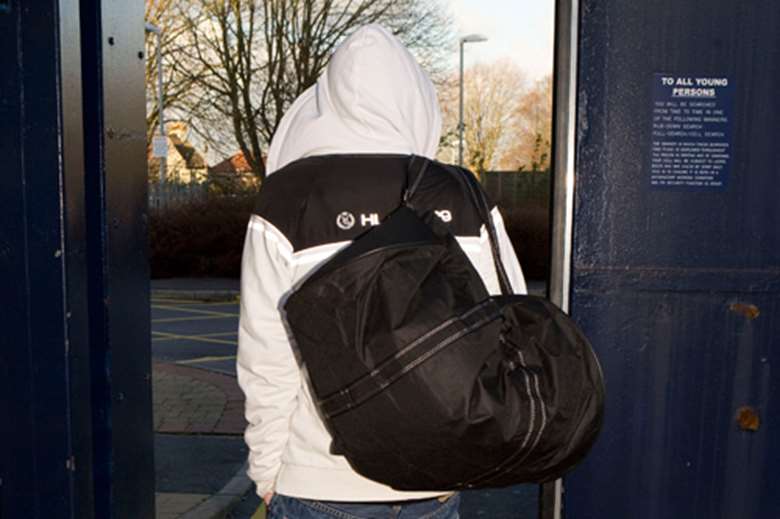Placing YOT staff in youth custody curbs reoffending, study finds
Tristan Donovan
Monday, February 12, 2018
Basing youth offending team (YOT) workers in the secure estate plays an important role in cutting reoffending by young people, an evaluation has found.

The evaluation of the Youth Justice Board's resettlement consortia pilots found that placing YOT staff in young offender institutions (YOIs) and giving them responsibility for linking with services in the community can curb reoffending by improving information sharing between custody and community services.
The four regional consortia were established in 2014 and tasked with reducing reoffending by developing enhanced multi-agency services for young people leaving custody.
Services developed by the consortia as part of an "enhanced resettlement offer" included trauma interventions, restorative justice projects, mentoring schemes and anger management training.
The consortia operated in the East Midlands, North East London, South London, and South and West Yorkshire until March 2017, when their funding ended.
Other effective approaches tried by the consortia included early resettlement planning and using release on temporary licence to allow young people time out of prison to prepare for life beyond custody.
However, the evaluation also found the consortia encountered several barriers to resettlement work including weak links with housing services, disruption caused by high staff turnover in YOTs and budget cuts that curtailed the ability of workers to attend meetings and implement the enhanced offer.
Future initiatives need to focus more on housing to prevent accommodation problems having a negative impact on resettlement, the evaluation said.
"Accommodation being identified too late in a young person's sentence, and its subsequent impact on addressing the education, training and employment and health needs of a young person, needs to be addressed within the wider youth justice resettlement field," said the evaluation.
"Local solutions are likely to be needed to address this barrier to resettlement due to differing geographical housing markets, however, its importance and the need to address it, cannot be emphasised enough."
Resettlement plans, meanwhile, need to be tailored to and informed by each young person and strategic steering groups should be chaired by senior staff to ensure buy-in from partner agencies.
The evaluation also said the Ministry of Justice's 60/40 policy for education in YOIs hampered resettlement work. Under the policy, 60 per cent of the time allocated for the education of under-18s in YOIs is protected, with no avoidable absences permitted. This rule, the evaluation said, reduced young people's ability to engage with the resettlement activities offered by the consortia.
The evaluation noted that the 60/40 policy has subsequently been made more flexible but suggested that YOTs review their working hours and practices to ensure the educational regimes within YOIs do not prevent young people from accessing resettlement support.
In June 2017, following the end of funding for the consortia, the Youth Justice Board announced it was working with Nacro's Beyond Youth Custody programme to devise a new resettlement strategy for young prisoners.




